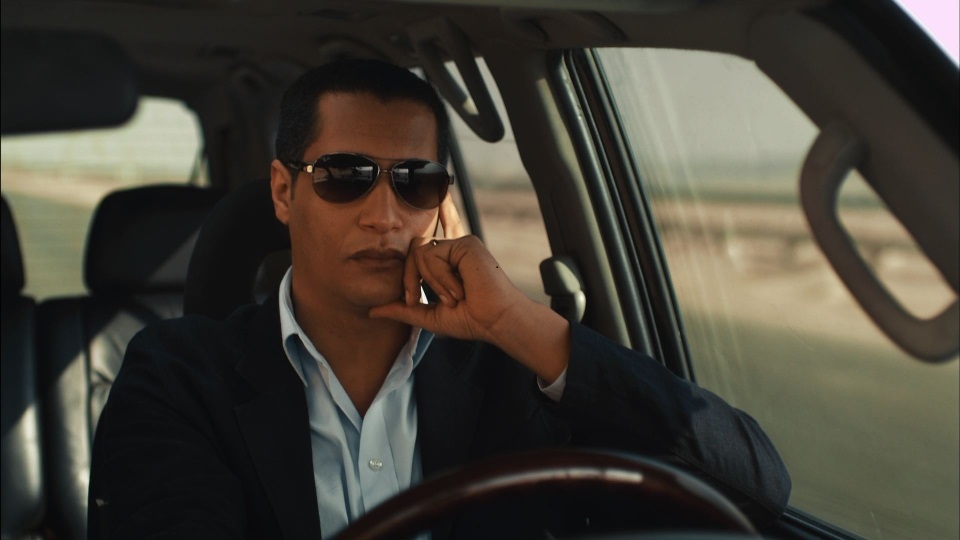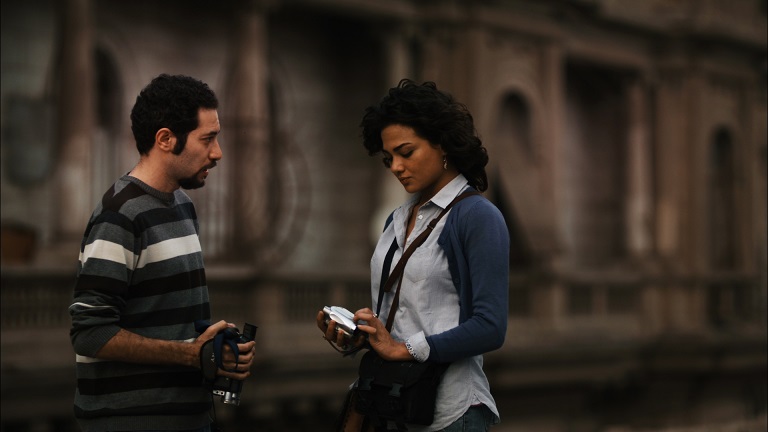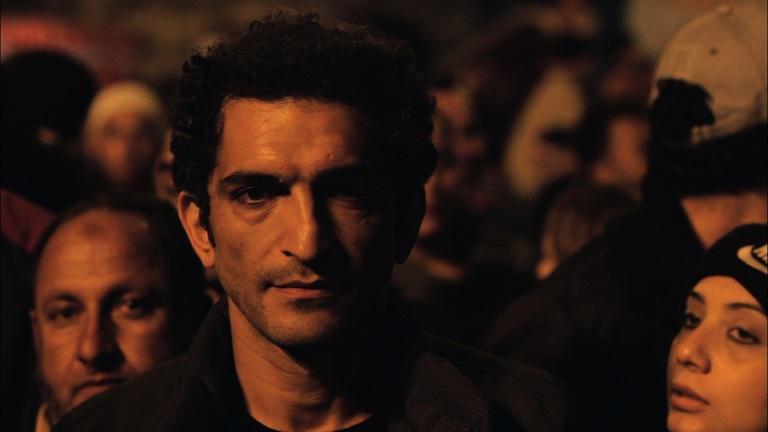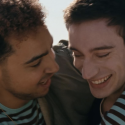The final words we see in subtitles in Ibrahim El Batout’s Winter of Discontent, a film centred on the events that began in Cairo’s Tahrir Square on 25 January 2011 and would go on to change Egypt’s future, could not read more ominously today: “And counting…” They refer to the death toll in the popular uprising that would depose Hosni Mubarak, bringing a degree of freedom that Egypt had not known for 30 years. They assume new poignancy in the light of the recent events we have been watching on news reports from the country, 30 months on from those first protestations.
But Winter… isn’t a film about the uprising itself, the mass crowds on the square. Rather it’s an interior, almost chamber piece, shot in a spare cinematographic style, that follows the interlinked lives of three characters, each of whom faces up to the consequences of an event which they never thought they would live to see. This is history unfolding unexpectedly, with the sheer uncertainty of what may happen next when a seemingly everlasting autocracy is being demolished, felt most strongly.
 At its centre is computer programmer Amr (Amr Waked, main picture), through whose eyes, in flashback from two years earlier, we see the climate of past torture of which he has been a victim. Not that torture itself was always necessary – controlling small humiliations, and making clear that worse could be to come, proved enough to make individuals tow the state line.
At its centre is computer programmer Amr (Amr Waked, main picture), through whose eyes, in flashback from two years earlier, we see the climate of past torture of which he has been a victim. Not that torture itself was always necessary – controlling small humiliations, and making clear that worse could be to come, proved enough to make individuals tow the state line.
Senior security officer Adel (Salah Al Hanafy, above right) is a master of such techniques, slimily self-confident in his authority, his family living a privileged existence. Even within their comfortable domestic enclave, though, the discrepancy between what state television channels are showing and what is coming from international broadcasters and through social networks (before they were shut down) is becoming increasingly obvious.
 That’s a distinction even more keenly felt for Farah (pictured left: Farah Youseff, on the right), a television presenter on a state television show, Heart of the Country – the last thing the programme actually is, when the regime apparatchiks who police its broadcasts are reduced to faking loyalist phone-ins from the back of the studio. That pushes Farah to her strongest scene, when she recants her position and separates herself from her past professional allegiances – not on controlled live broadcast, but in a statement filmed by Amr. With all landlines down, all he can do is put it up on the internet via his satellite phone. It will take the authorities a week at least to trace its origin, he guesses, by which time the uprising should have triumphed. It doesn’t turn out like that.
That’s a distinction even more keenly felt for Farah (pictured left: Farah Youseff, on the right), a television presenter on a state television show, Heart of the Country – the last thing the programme actually is, when the regime apparatchiks who police its broadcasts are reduced to faking loyalist phone-ins from the back of the studio. That pushes Farah to her strongest scene, when she recants her position and separates herself from her past professional allegiances – not on controlled live broadcast, but in a statement filmed by Amr. With all landlines down, all he can do is put it up on the internet via his satellite phone. It will take the authorities a week at least to trace its origin, he guesses, by which time the uprising should have triumphed. It doesn’t turn out like that.
For over a decade El Batout has been one of the few independent Egyptian filmmakers working outside bureaucracy and censorship. Preparations for Winter… began in early February 2011, in the final days of the uprising. First screened a year ago, it looked like a brave and nuanced attempt to find a perspective on dramatic recent history, though the prism of the personal. Today the relevance of the director's endeavour looks all the more vital.
Watch the trailer for Winter of Discontent overleaf














Add comment